Our K-1 visa journey hit its final phase when we received our interview instruction from the US Embassy in Abu Dhabi. After waiting over a month post-approval, we were finally facing the big day. Since we had managed to reschedule the interview a month earlier than planned, my anxiety skyrocketed. The “what ifs and sleepless nights overwhelmed me. Here is my K-1 visa interview and 221(g) experience and what I have learned on this.
Pre-Interview Jitters
Originally, I planned to stay in a hotel in Abu Dhabi the night before to avoid any delays because the travel from Dubai to Abu Dhabi is over two hours by car. But thankfully, a kind coworker in Abu Dhabi offered her place for me to stay. That night, my nerves were in overdrive, and I keep thinking what will happen in my K-1 visa interview. I couldn’t connect with my fiancé due to VPN issues in the UAE, which only made things harder. I ended up reviewing our story out loud with my coworker, trying to calm myself.
Morning of the Interview
I woke up at 5:00 AM despite being just 10 minutes from the embassy. Sleep-deprived but determined, I got ready and reviewed my documents. I sent my fiancé a video showing all my paperwork and thank goodness, he reminded me to recheck my requirements. Almost I nearly forgot my passport! Dressed in smart casual (pink blouse, pants, sneakers, and a coat), I had a quick breakfast and headed out.
By 7:01 AM, I arrived at the embassy. Crowds had already filled the place, and the hot, humid weather hit us even in the early morning. When they opened the gates at 7:45 AM, the process began such as appointment check, passport verification, security screening (no phones allowed inside), and document collection.
After the initial check, the staff assigned us token numbers, and we waited in the interview room. It was nerve-wracking. The interviews took place at open windows where everyone could hear everything. A fellow Filipina chatted with me, sharing that their petition took 8 months. Like us, they were lucky to get an earlier interview date.
The room was tense. When interviews began, the staff handed some applicants blue or white slips after fingerprinting. I got a white paper, which I didn’t fully read at first. Later, while waiting, I saw the words ‘Your visa is refused under 221(g)‘ on my slip, and panic kicked in because I hadn’t even been interviewed yet. I kept wondering why they gave it to me.
Biometrics Process
During biometrics, I submitted:
- Original and copy of my passport
- Police clearances from the Philippines and UAE
- Birth certificate
- Two passport photos
- My fiancé’s divorce decree
The officer collected and noted documents in a white folder containing a copy of our K-1 petition. He gave me a white paper and sent me back to wait for the interview. That paper was the 221(g) notice, which I misunderstood at first as a normal paper given to everyone.
Note: Biometrics and document submission are not conducted on the same day as the visa interview. This was the previous procedure but has since changed. For the updated process and detailed steps, please refer to our K-1 Visa 2025 UPDATE: New 2-Step Process at Abu Dhabi Embassy YouTube Video or blog post here.
The Interview & the 221(g) Refusal
When they finally called me, the consular officer held all my documents and began asking basic questions such as my name, job, fiancé’s name, his work, and whether me or him has kids. Then he asked how we met and requested proof of our relationship. I handed over two binders filled with photos, WhatsApp logs, and call records. He even complimented a beach photo we took in Bohol, Philippines.
Then came the issue – my fiancé’s divorce decree. The officer noted a February 5, 2024, certification stamp and questioned if our petition overlapped with the finalization of the divorce. I couldn’t explain the dates clearly due to nerves and confusion. Although he said I submitted all required documents, he couldn’t make a decision without verifying the divorce timeline.
I left the embassy in shock, trying to hold back tears. I felt I had failed not just myself, but also my fiancé. All our planning, preparation, and effort felt like they had been put on hold.
Reflections: What I Learned
1. Don’t Set High Expectations
Our case moved quickly, approval in four months and interview rescheduled earlier. We got excited and made plans. But expectations led to major disappointment when things didn’t go our way. Moral lesson is always hope for the best but prepare for all outcomes.
2. Sleep Is Power
I barely slept the night before. Anxiety and lack of rest affected my clarity during the interview. A calm, well-rested mind could’ve helped me handle the tricky questions better.
3. Every Interview Is Unique
Watching YouTube videos or reading blogs (even like this one) won’t fully prepare you for your own experience. Each case is different. Avoid overthinking and comparisons.
4. Answer Confidently
Even if you’re unsure, remain calm. I faltered when asked about the divorce decree dates, which might have made me seem less credible. Clarity and confidence go a long way.
5. Acceptance
I was devastated, but I realized that a 221(g) isn’t the end. It only means more documentation or administrative review is needed. It’s not a denial. And I’m still grateful. Our journey continues.
Final Thoughts
A visa journey especially a K-1 visa can be stressful, emotional, and unpredictable. I share my story not to scare, but to prepare you. If you’re going through this process, take a breath. You are not alone.
Let the setbacks strengthen your bond with your partner. The wait will be worth it.
Recommended K1 Visa guides:
- K-1 Visa Process Explained for Couples
 Growing up in the Philippines, I’d see international couples and assume their path to a life together was simple: they just had to get married. I never imagined the complex reality behind that dream, especially the labyrinth of the K-1 visa process and requirements. My fiancé was just as unprepared. An American who never imagined…
Growing up in the Philippines, I’d see international couples and assume their path to a life together was simple: they just had to get married. I never imagined the complex reality behind that dream, especially the labyrinth of the K-1 visa process and requirements. My fiancé was just as unprepared. An American who never imagined… - My US Visa Medical Exam Experience
 My fiancé received an email from Abu Dhabi US Embassy instructing us to proceed with our interview appointment on June 26, 2024. I’ve created an account immediately; paid the fees and booked the first available slot I saw. I did it just as soon as we received the email because I was thinking that if…
My fiancé received an email from Abu Dhabi US Embassy instructing us to proceed with our interview appointment on June 26, 2024. I’ve created an account immediately; paid the fees and booked the first available slot I saw. I did it just as soon as we received the email because I was thinking that if… - K-1 Visa Interview and 221(g) Experience – What I Learned
 Our K-1 visa journey hit its final phase when we received our interview instruction from the US Embassy in Abu Dhabi. After waiting over a month post-approval, we were finally facing the big day. Since we had managed to reschedule the interview a month earlier than planned, my anxiety skyrocketed. The “what ifs and sleepless…
Our K-1 visa journey hit its final phase when we received our interview instruction from the US Embassy in Abu Dhabi. After waiting over a month post-approval, we were finally facing the big day. Since we had managed to reschedule the interview a month earlier than planned, my anxiety skyrocketed. The “what ifs and sleepless… - Our DS-160 Application for K1 Fiancé Visa
 DS-160 or Nonimmigrant Visa Application is a process wherein a person wishes to obtain a visa for a temporary travel in the United States of America. It is accomplished and submitted electronically to the Department of the US website. When applying for a K1 visa, it is perquisite that an I-129F petition should be approved…
DS-160 or Nonimmigrant Visa Application is a process wherein a person wishes to obtain a visa for a temporary travel in the United States of America. It is accomplished and submitted electronically to the Department of the US website. When applying for a K1 visa, it is perquisite that an I-129F petition should be approved… - Scheduling K1 Visa Interview – Abu Dhabi Embassy
 It’s time to move forward with the application process. Scheduling K1 Visa interview in Abu Dhabi Embassy is straightforward. The Embassy will reach out to you when you are ready to schedule your interview appointment. Do not attempt to schedule your appointment before then or you run the risk of rejection on the interview day….
It’s time to move forward with the application process. Scheduling K1 Visa interview in Abu Dhabi Embassy is straightforward. The Embassy will reach out to you when you are ready to schedule your interview appointment. Do not attempt to schedule your appointment before then or you run the risk of rejection on the interview day….
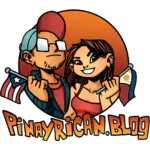
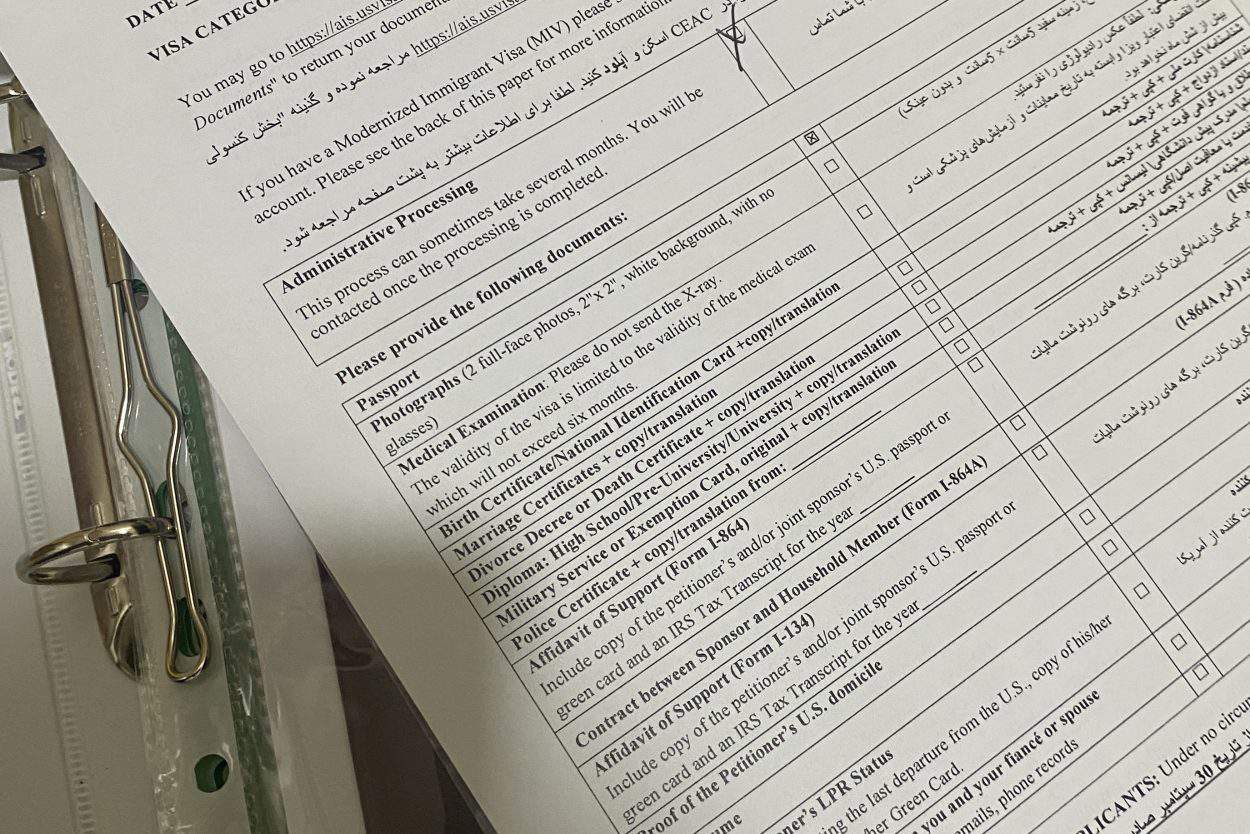

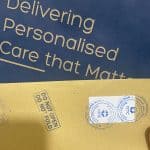
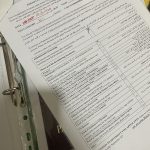

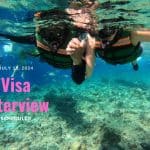


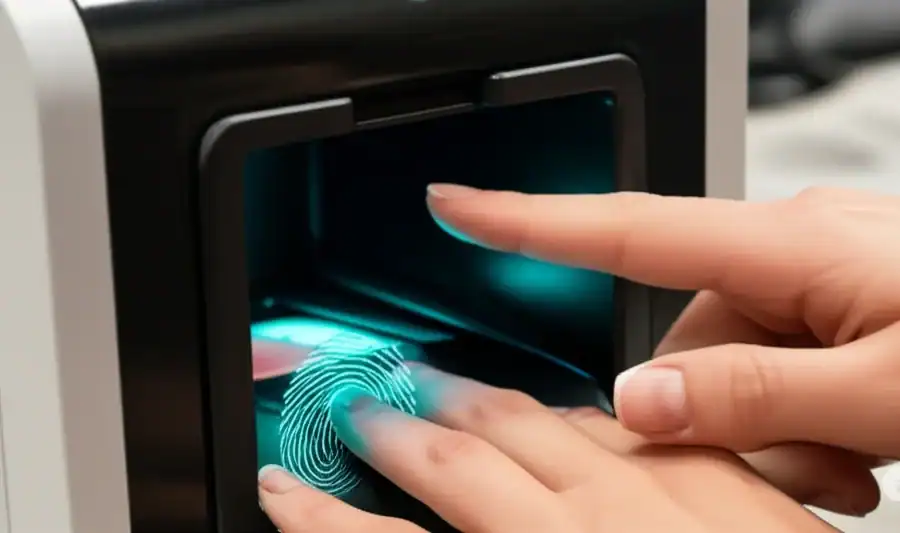
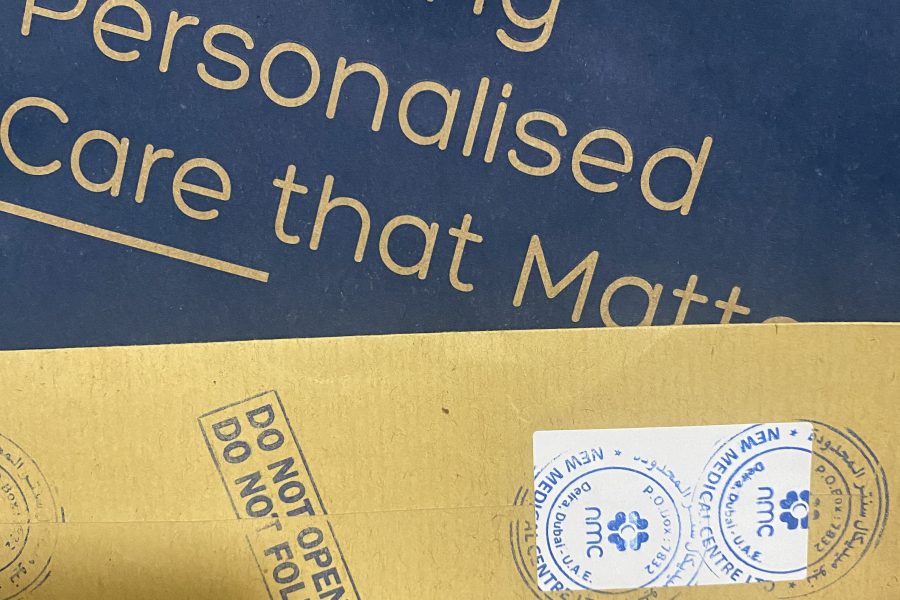
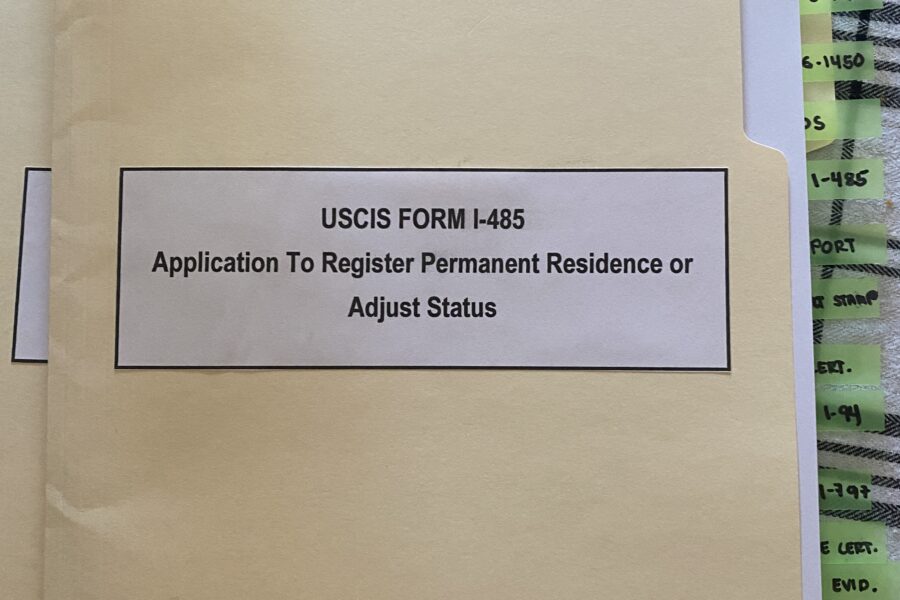
Leave a Comment